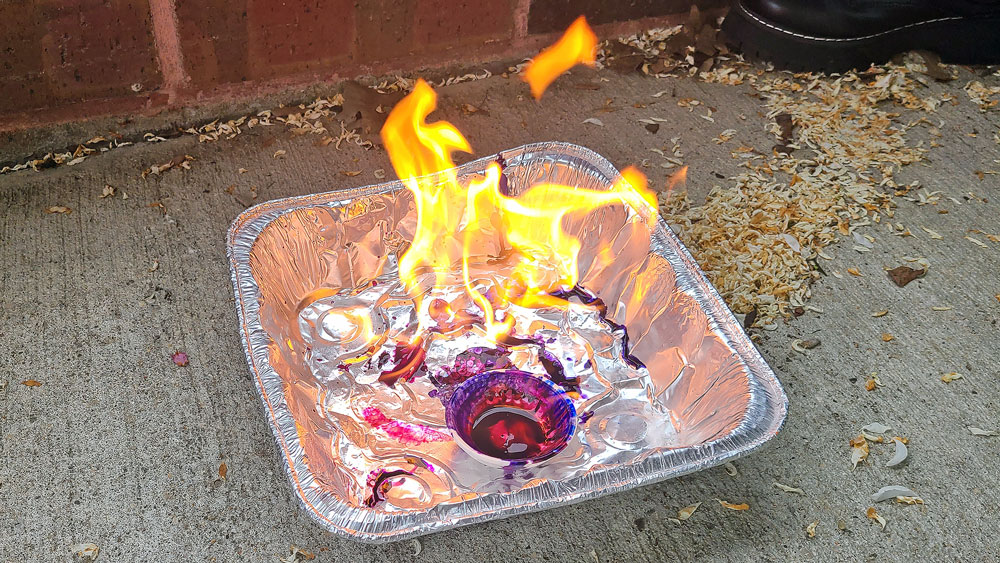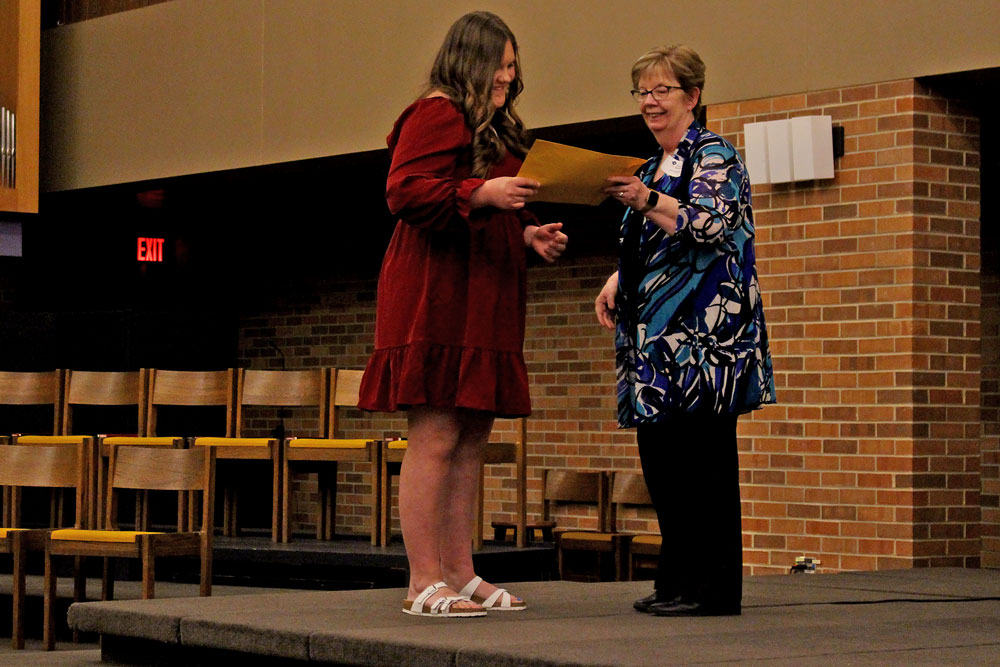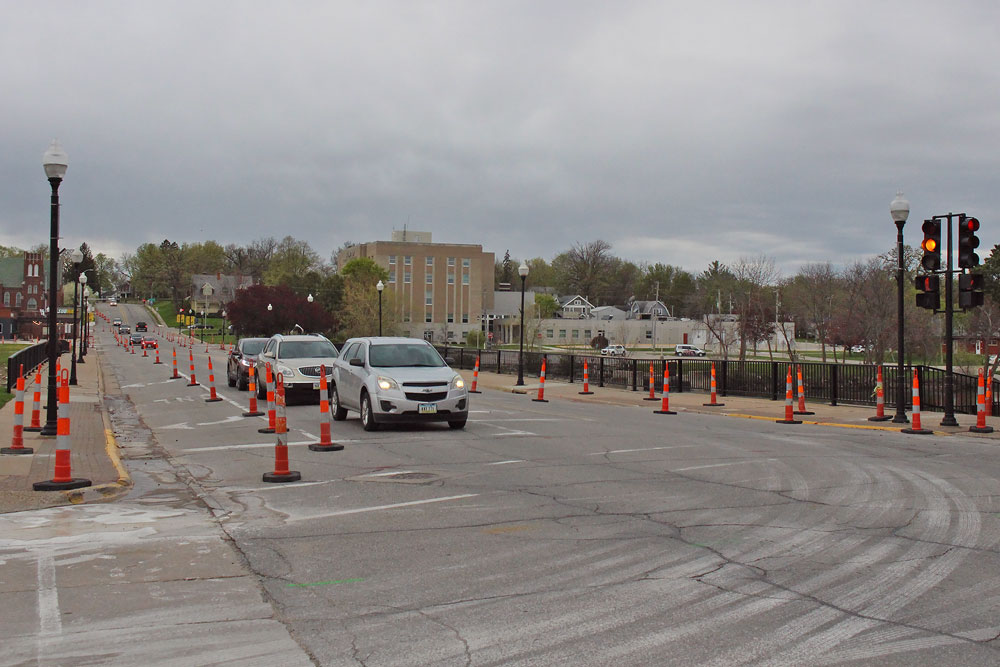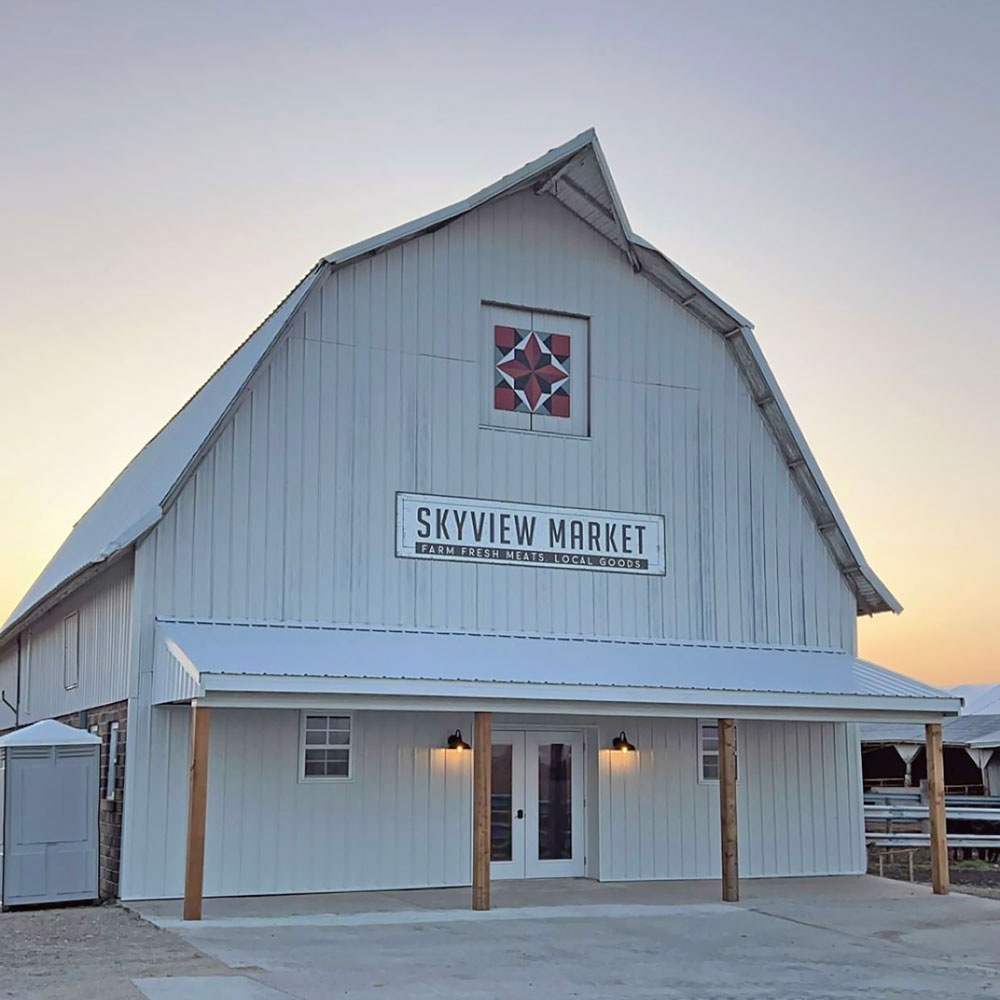Floyd County EMS group will recommend September special election on service support levy

By Bob Steenson, bsteenson@charlescitypress.com
Members of a group that will make recommendations about paying for emergency medical services in Floyd County talked about how best to explain the issue to potential voters, the differences between educating and advocating, as well as funding needs and sources, during the group’s meeting this week.
Although the discussion will continue on many of these topics, members of the Floyd County EMS Advisory Council did vote unanimously to make a recommendation on when they think the best time a vote on an EMS tax levy would be.
The group agreed to recommend to the county Board of Supervisors to hold a special election on Tuesday, Sept.10, rather than voting on an EMS service levy during the general election in November.
Although there will be an additional cost to the county of an estimated $10,000 to $15,000 to hold a special election, members felt the issue would have a better chance of meeting the 60% majority required to pass at a special election.
Council Chair Patrick Lumley, the Charles City Council representative on the Advisory Council, said turnout is typically lower in a special election, so fewer “yes” votes would be needed overall to reach the 60%.
The group discussed the options, with some saying that in the general election there would be many people voting for the presidential election who might not be familiar with the local EMS levy question. They could see the word “tax” and vote no without knowing what defeating the measure could mean.
In a special election, the people who vote might either be passionately for or passionately against an EMS levy in the county, but at least they would more likely be familiar with the issue, said Advisory Council member Dawnett Willis, the CEO of the Floyd County medical Center.
Getting people educated about the need for either a special property tax levy or Iowa income tax surtax (or combination of the two) to support EMS services in the county took up the majority of the meeting.
State law says that members of a government body can’t advocate for a position on an issue, but can provide information about the issue.
Charles City Mayor Dean Andrews is not a member of the Advisory Council but was at the meeting. He gave the example of the vote on a bond referendum at the last general election regarding renovating the high school and adding an auditorium.
Members of the school board and school district employees could provide information about the question, but could not legally ask people to vote one way or the other. They could urge them to vote, not but how to vote, he said.
A separate political action committee was formed, however, with the purpose of advocating for the referendum to pass.
Talking about soliciting donations to support an EMS levy, Andrews said the advocacy committee could accept donations to help pay for things like yard signs and campaign advertising, but those donations are not tax deductible.
The Iowa Ethics and Campaign Disclosure Board says that “officials and employees of governmental bodies may be members of independent citizen committees to advocate for or against a ballot issue, and may solicit or encourage members of the public to be part of a citizens’ committee, so long as these activities occur on personal time and off the premises of the publicly-owned property.”
It also says, “The committee may solicit and accept contributions to expressly advocate a ballot issue, and may expend funds for this purpose,” but it also must comply with the reporting requirements of Iowa Code.
Lumley said as a board formed by the county supervisors, the EMS Advisory Council could use county resources such as copying machines, postage meters and supplies to create and mail educational materials, as long as those materials did not ask people to vote one way or the other.
He said if the Advisory Council does its job of educating well enough, it will be obvious which way people should vote in their own interest.
“The flyer doesn’t say vote yes, but it leads you to vote yes,” he said, referring to one of the educational handouts the group is working on.
The group spent part of the meeting going through a Powerpoint presentation Lumley is developing that would also be used as part of presentations at open houses and at other events in communities around the county where the Advisory Council would be invited to speak.
An important point to make, group members said, is what it could mean if a levy votes fails.
If Charles City and Floyd County can’t afford to subsidize increasing costs of ambulance service as they do now, it could mean those services would be reduced, by having EMS responders who are paid less because they are not certified to provide more advanced life support services, or longer response times because there are fewer crews and/or fewer ambulances.
Or it could mean that other city and county services have to be cut to continue paying higher costs to subsidize emergency medical services, they said.









Social Share